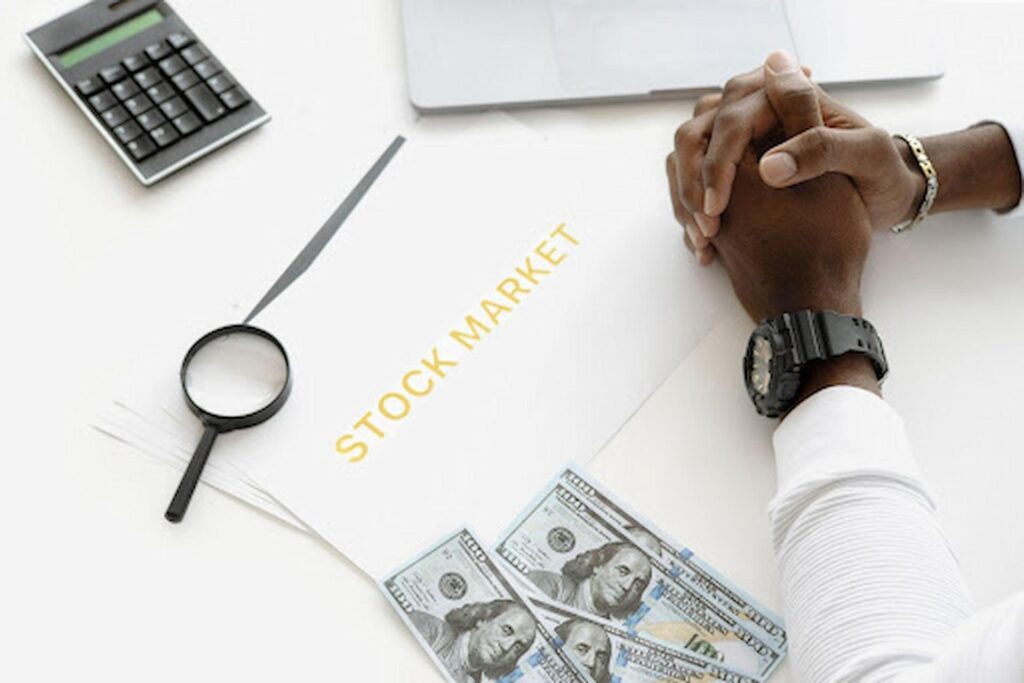Trading is a very volatile way of making a profit but is also pretty lucrative when done the right way. One step closer to ‘the right way’ is by knowing the market fully by being aware of its pros and cons, dos and don’ts, risks, strategies as well as terms.
When trading, no matter what market you get into, you’ll be faced with trading terminologies that can be unfamiliar. And not fully understanding a trade can lead to various dangers that can potentially result in financial loss.
So to insured efficient and effective trading, here’s a list of trading terminologies all starting traders should know!
Trading Terms That Start With
Account Balance
This is the sum of money that includes deposits and incomes that don’t include withdrawals, losses and incidental fees. So it is only the money left in an account.
Adjustable Peg
This is a term for a system of exchange rates where a country’s exchange rate is “pegged” to another currency. This is often the US dollar or the euro, but the rate may sometimes fluctuate.
Adjustment
This is an official act that often involves changing the official exchange rate or internal economic policy to address a payment mismatch.
Aggregated Demand
The total demand for goods and services in the economy is known as aggregate demand. includes both domestic demands from the commercial and governmental sectors as well as demand from individuals and businesses abroad for products and services.
Aggregate Risk
This refers to a bank’s or a financial institution’s exposure to a single customer or counterparty, for both spot and forward contracts.
Aggregate Supply
This refers to the supply of goods and services in the economy from domestic sources and imports. And is used to meet aggregate demand.
Arbitrage
This is defined as the concurrent buying and selling of a certain financial instrument on linked markets in an effort to profit from minute price differences across those marketplaces.
Ask Price
This is the cost at which a trader may purchase a certain asset.
Assets
Anything that will or already has economic value is regarded as an asset. This can be owned by an individual, a company, a country and so on.
Trading Terms That Start With
Balance
This is a term that refers to the sum of money in an individual’s account. It is money computed for closed transactions but not for open positions in Forex and CFD.
Balance Of Payments
a detailed account of the business dealings that took place between citizens and visitors of a nation over a specific time period. While the capital and financial accounts describe how the economy is sustained, the current account balance establishes how exposed a particular economy is to the world at large.
Base Currency
This term refers to the first currency pair in exchange.
Basis Point
The definition of a basis point is 1/100th of 1%, 0.01%, or 0.0001.
Basket
This term refers to a collection of currencies typically used to control a currency’s exchange rate. Occasionally referred to as an accounting unit.
Bear Market
This term is used to identify a market that is declining.
Broker
A broker is an agent that handles traders’ trades.
Bull Market
This term is used to identify a market that’s rising.
Trading Terms That Start With
Cable
This term is used by dealers and is considered trading ‘slang.’ This means the GBP/USD exchange rate.
Cash Market
This is a kind of market that’s for the purchasing of physical currency.
Cash Settled
Cash settlement, as opposed to asset delivery, is the process of terminating financial instrument contracts by exchanging cash amounts based on the difference between the position’s initial and closing prices.
Cleared Funds
This refers to funds that are free and available to be used for trading or withdrawal.
Clearing
This term is used to identify the process of a settled trade.
Closed Position
This term means the exposure of a financial product is no longer available. The act of buying or selling a certain quantity of financial instruments to balance out an equal quantity of open positions is known as closing a position. The open position will “square” as a result.
Collateral
This term refers to an item that has been given as security for the payment or fulfilment of a commitment. This can be anything of value such as jewellery, money, a mobile device and so on.
Contract Of Difference
This is also called CFD and it’s a kind of exchange where traders only exchange the current value of an asset’s underlying value.
Take Away
Now you know some of the most common trading terms around you can now use them to your advantage in the future! Trading now won’t seem all that difficult now you can fully grasp trading terms.

